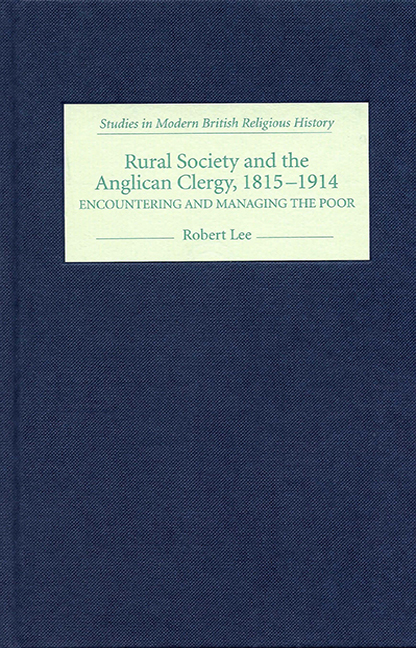Book contents
- Frontmatter
- Contenst
- List of illustrations
- Preface
- List of abbreviations
- Introduction
- Part I Encountering the Poor
- Part II Managing the Poor
- 4 Guardians and trustees: Managing moral and economic behaviour
- 5 Customs in conflict: Managing law and order
- 6 Liberalisation or indoctrination: Managing education
- 7 Networks of authority, influence and power: Managing dissidence
- Conclusion
- Bibliography
- Index
7 - Networks of authority, influence and power: Managing dissidence
from Part II - Managing the Poor
Published online by Cambridge University Press: 11 May 2017
- Frontmatter
- Contenst
- List of illustrations
- Preface
- List of abbreviations
- Introduction
- Part I Encountering the Poor
- Part II Managing the Poor
- 4 Guardians and trustees: Managing moral and economic behaviour
- 5 Customs in conflict: Managing law and order
- 6 Liberalisation or indoctrination: Managing education
- 7 Networks of authority, influence and power: Managing dissidence
- Conclusion
- Bibliography
- Index
Summary
‘I give you to understand – I will rule this parish and the minister shall be subservient to me.’
Introduction
This chapter is concerned with power in the nineteenth-century countryside: how it was disseminated from the highest levels by means of social, marital and political alliances; how the church was implicated in the development of parochial authority structures; and how counter-structures grew up, posited on proletarian networks and Nonconformist church circuits.
The prima facie evidence suggests that, between 1815 and 1914, the Norfolk labourer progressed from being faceless, voiceless, and with recourse only to riot as a means of attracting attention to his plight, to being unionised and enfranchised. He played his part in electing a County Council of such relatively humble social origins that 40 of its 57 members in 1912 did not feature in Walter Rye's ‘who's who’ of Norfolk society. But had elite control really yielded to this extent? To answer this it is worth considering some of the mechanisms by which control was exercised.
First, as one contemporary observer of the Burston Rebellion put it,
the squire and the parson have been the Lord High Tololorums of the countryside for centuries. To dispute their divine authority, or to question their insolence, oft means social ostracism, or a tour abroad without a Cook's guide. Emigration returns will prove this.
Even in the first decades of its twentieth-century decline, the gentry–clergy axis was clearly still regarded in some quarters as the dominant force in rural power politics.
Second, nineteenth-century authority systems still often gripped the reins of twentieth-century institutions. Among the six members of the Burston School Committee, for instance, were the vicar of Burston, the vicar's wife, the vicar of Shimpling, a Shimpling churchwarden, and a Burston glebe tenant.
Third, the demands of the farming year continued to militate against democratic participation. Newly enfranchised labourers in 1885 found that their working hours prevented them from getting to the polling booths as effectively as they had precluded them from attending vestry meetings.
Fourth, even the forces of traditional liberalism often seemed to see good-quality housing and decent working conditions as a means of preserving the status quo.
- Type
- Chapter
- Information
- Rural Society and the Anglican Clergy, 1815–1914Encountering and Managing the Poor, pp. 157 - 180Publisher: Boydell & BrewerPrint publication year: 2006



